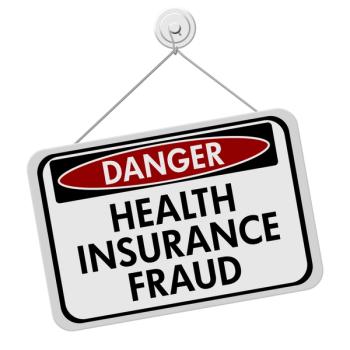
Physicians' emergency obligations
What are doctors' obligations to patients outside of normal office hours?
Key Points
You are a solo practitioner and your hours are 9 to 5, Monday through Friday. What obligation do you have to your patients when your office is closed? The answer to this question, as are the answers to most questions involving a physician's obligations, is determined by patient and community expectations.
If you have emergency room obligations resulting from your membership on a hospital medical staff, those obligations often carry with them the duty to accept emergency calls on a pre-determined schedule and to arrange alternative coverage if you are not available for your scheduled times.
Sometimes, these obligations can be delegated to a group, which make its own arrangements to ensure coverage. Failure to meet your obligations could result in liability if no one else is available to treat a patient and an untoward outcome results.
For example, an answering machine advising patients to go to the emergency room to address urgent problems may be perfectly acceptable in a community where that option is readily available.
But in a rural community, where emergency room service is far away, this advice could prove dangerous - even deadly.
Similarly, if the hospital does not offer care for the specialty involved, advising the patient to go to a facility where needed treatment is not available could subject you to liability.
However, if the hospital has the ability to address emergencies and is relatively close to your catchment area, there is certainly no reason to prevent you from advising patients to go to the emergency room.
After all, physicians are not obligated to provide 24/7 coverage unless they create the expectation of doing so. If the patient goes to the hospital and initiates treatment, responsibility for that patient should rest with the hospital and its physicians providing that care - unless the hospital or patient requests further services from the private physician.
If you practice in a specialty where emergency coverage may be required, you may have a duty to arrange for emergency coverage for your patients.
Let them know at the time that the physician-patient relationship is created that the practice does not offer emergency services or coverage, or inform them of other physicians within the community who can provide emergency coverage.
If it can be reasonably expected that a patient may require emergency service, he/she should be advised of other practices that may offer this service. In appropriate circumstances, you should advise the patient to enter into a relationship with a practice that does provide this service.
That leaves open the question of your obligation to provide 24/7 care when no viable alternatives exist. Again, you need to diminish expectations. If you make clear at the start of the physician-patient relationship that you offer only limited care - that no care will be available other than during regular office hours, that no one will be available to address emergencies, and that there are no other resources in the geographic area that provide greater levels of emergency coverage - your obligations should be limited. Be sure to provide this disclaimer in writing, and have the patient sign it.
One final caveat: A number of managed care plans require that you provide 24/7 triage and emergency services.
If you participate with managed care plans, your patients could be considered third-party beneficiaries of your managed care contract, thus exposing you to liability if you fail to provide the contracted care.
The author is a health law attorney with Kern Augustine Conroy & Schoppmann in Bridgewater, New Jersey; Lake Success, New York; and Philadelphia. He can be reached at
.
Newsletter
Stay informed and empowered with Medical Economics enewsletter, delivering expert insights, financial strategies, practice management tips and technology trends — tailored for today’s physicians.






